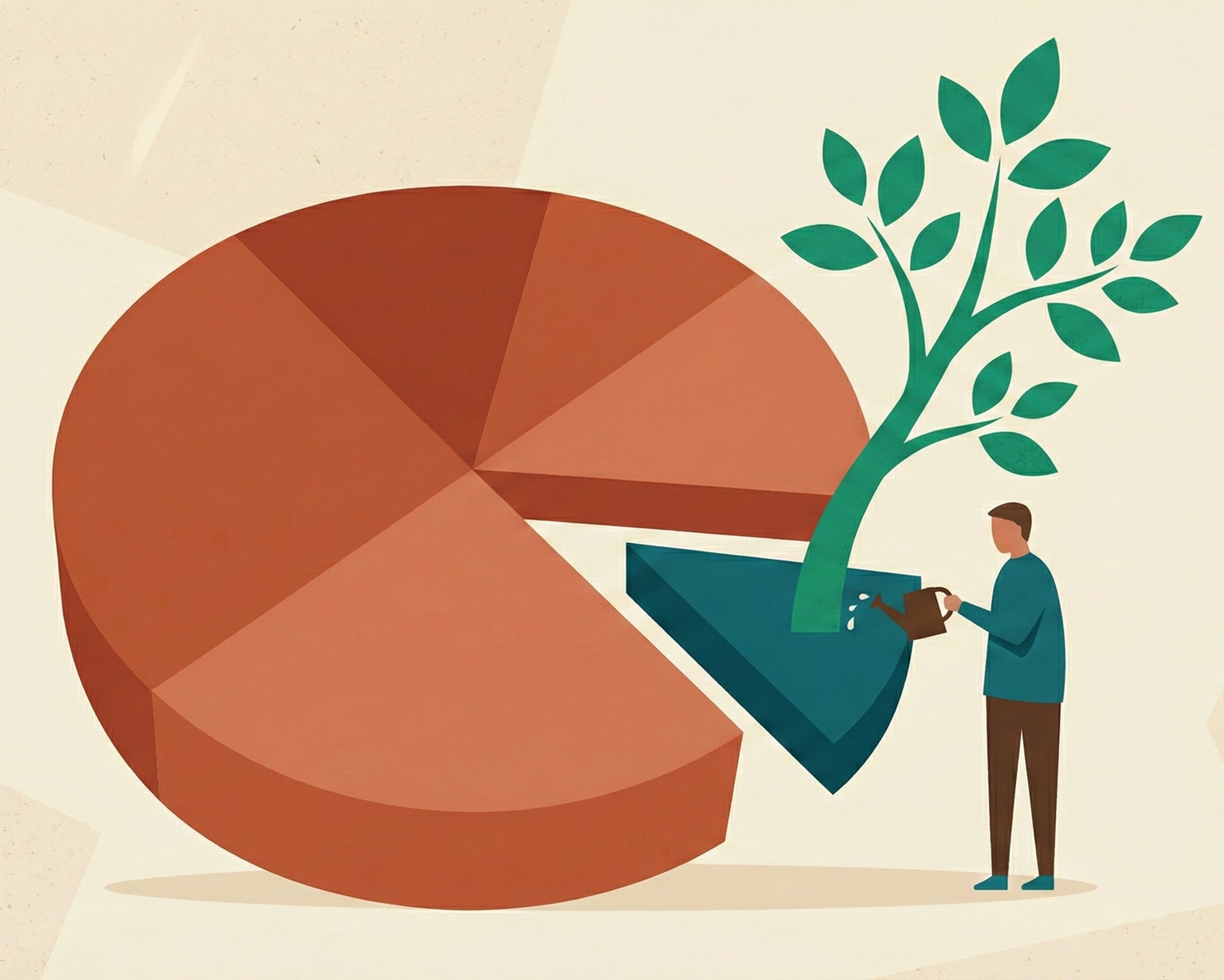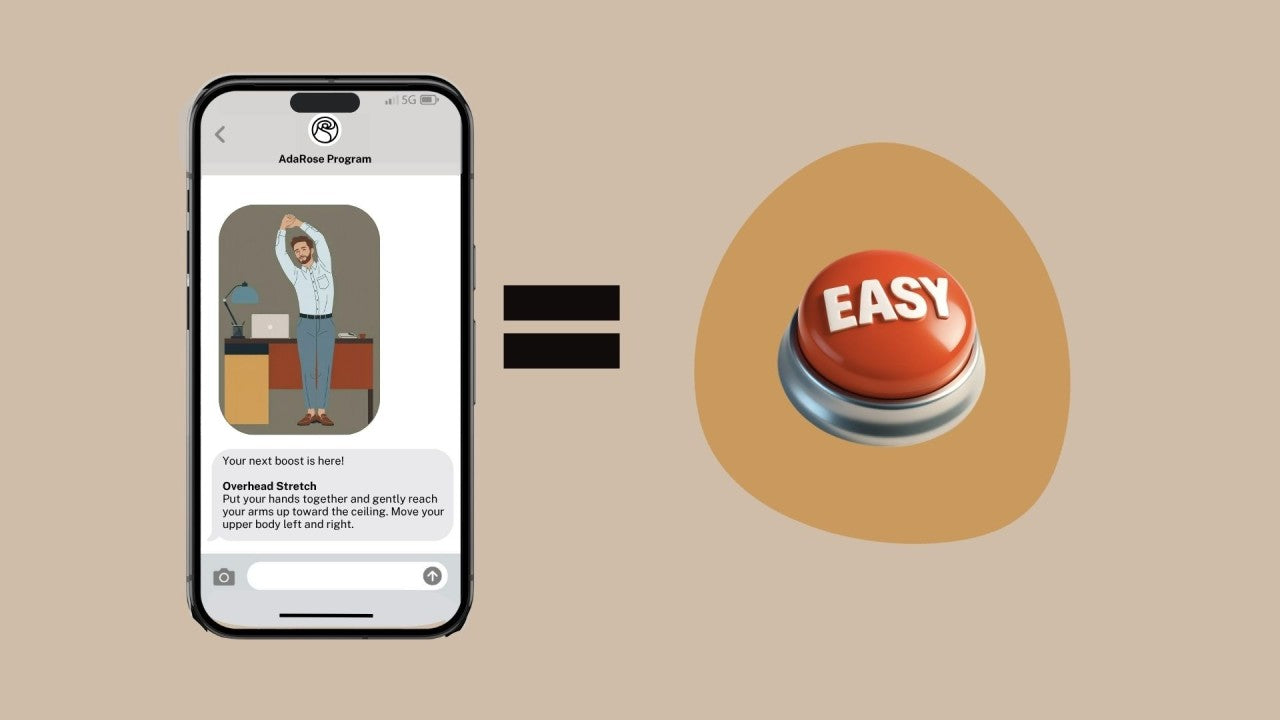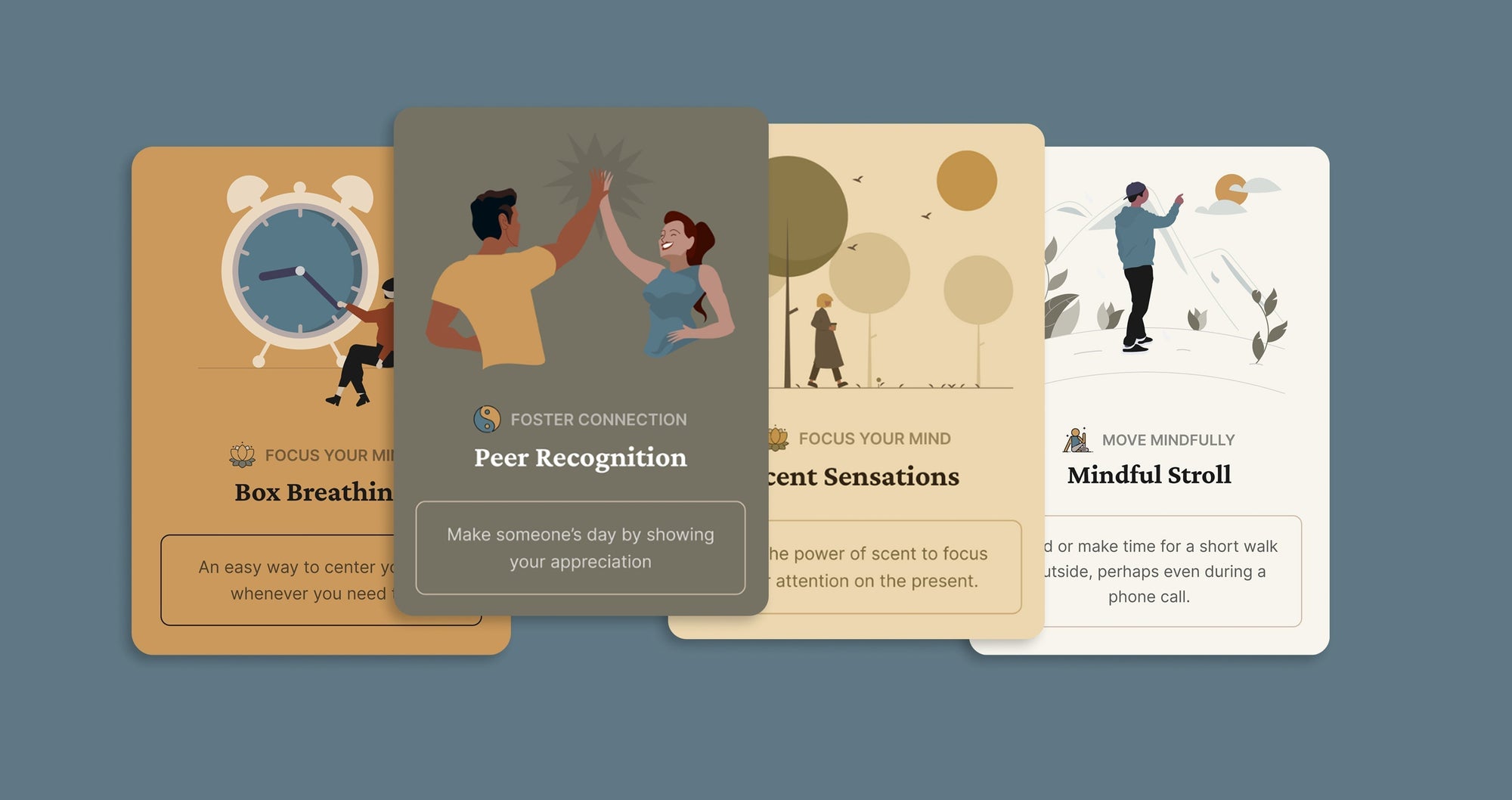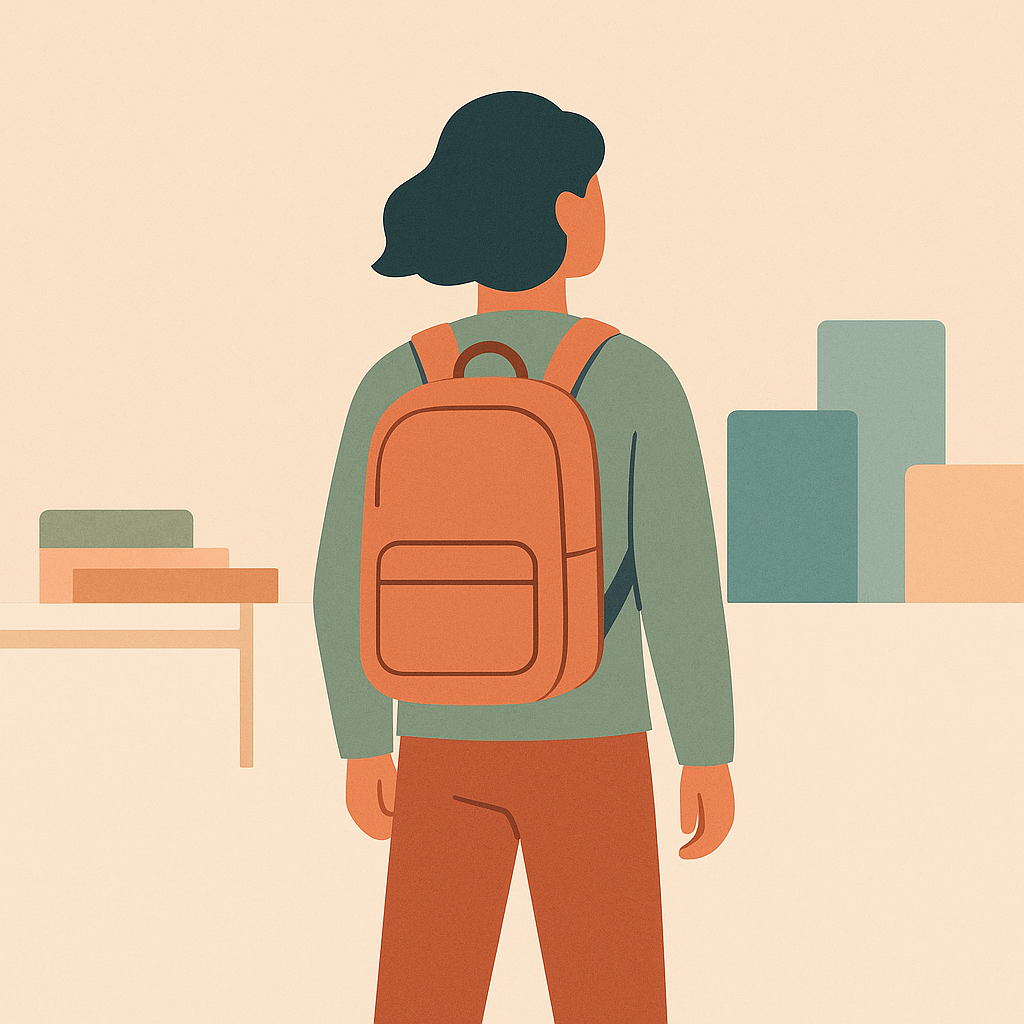"Behind every great man is a great woman," the old saying goes. While those assumptions about gender roles need a reboot IMHO, the deeper point is that it's hard to go it alone. Also, the outward success of an individual often relies on support from caring family or friends behind the scenes. That's especially so when it comes to health challenges. But the unpaid caregiver role can be taxing, and is often overlooked.
Did you know that 70% of caregivers (parents, guardians, and unpaid caregivers of adults) have experienced at least one mental health symptom during the COVID pandemic? That includes anxiety, depression, stress, trauma and suicidal thoughts.
For “sandwich caregivers” (caring for both kids and adults), the number bumps to 85%, according to research by Archangels. While the pandemic has made the challenge of caregiving greater, even under more normal circumstances many caregivers feel overworked and under-valued.
What is the Definition of a “Caregiver” vs a "Carepartner”?
Many people are more familiar with the term “caregiver” than “carepartner," but carepartner is gaining traction. I learned carepartner from my friend Grace Cordovano. Grace is a professional patient advocate and care navigator for individuals and families. Here's her view:
"Patients often describe feeling a sense of a loss of autonomy and independence. They may feel guilt for needing the support of loved ones, and not being able to fully care for themselves or fulfill household obligations due to their health conditions. Many patients say they dislike needing a caregiver and despise the word.
Needing a caregiver is a constant reminder of their illness and loss of dignity. The word 'carepartner' is more positively received. A carepartner is a spouse, life partner, sibling, parent, family member, friend, or colleague who is there to support a person living with their diagnosis(es). A carepartner can be thought of as a team mate and support who is there, in sickness or in health. Their actions are defined by love and empathy, not sickness."
Grace's distinction resonates for me. When my kids were very young I felt like more of a caregiver for them. I was in charge of feeding, bathing, diapering, and coordinating medical care, with a fair amount of override when we disagreed. ;-) . (An important caregiver trait for the difficult situations was a good sense of humor!)
Now that I have a tween and a teen, I am more of a carepartner to them. I still make and take them to healthcare appointments (and pay for their healthcare!), but they have a lot more latitude than they used to.
What is the Role of a Caregiver?
The role of a caregiver or carepartner varies a lot depending on the specifics of the situation. It often includes managing healthcare, life logistics, and emotional support.
When it comes to healthcare, though many caregivers outsource to professionals for hands-on care that is medical in nature, there’s still plenty to do. For example, when possible I go in person to appointments with the individual I’m helping. On average, people immediately forget 40-80% of what a healthcare practitioner tells them, so it’s important to have a backup!

Image Source: OpenNotes and Ciitizen
When it comes to health care, a caregiver can:
-
Prepare questions in advance of a doctor’s appointment
-
Participate in the appointment to ask questions and take notes
-
Keep relevant family and friends in the loop
-
Coordinate sharing medical records to make sure the right people have the right information (Check out this new set of resources to help!)
-
Research health information or options
-
Help to manage payment for health care services
-
Remind the person you’re supporting to take medications, observe and record symptoms
-
Follow up with health care providers on progress
When it comes to household and life logistics, common caregiver tasks include:
-
Meal preparation
-
Cleaning
-
Laundry
-
Home repairs and maintenance
-
Support with bathing
-
Shopping
-
Paying bills
-
(Extra) caring for kids and/or pets
-
Helping to process an advanced directive, Will, and decisions about assisted living
In terms of emotional support, caregivers can help by:
-
Listening
-
Comforting
-
Encouraging
-
Advising
-
Providing entertainment or distraction
-
Just plain being there (even virtually!) so the person doesn’t feel alone
What do Caregivers Need Most?
As the statistics show, many caregivers are burned out by the job. The important thing many overlook is self care. Here are a few things to consider to help you take good care of yourself as a caregiver or carepartner:
-
Can you make a list of friends and family who can spell you off?
-
Are there online communities you can connect to of people facing a similar condition/challenge?
-
What kinds of local or virtual services can you use? (For example, local Meals on Wheels, etc.)
-
How can you take better care of your own health?
-
Eat well
-
Get enough sleep
-
Manage stress
-
Exercise
-
Make time to socialize
An Inspiring Patient and Caregiver Spouse Partnership

Image Source: Cherryl Choi
Jimmy Choi is an athlete with Parkinson’s. Jimmy has become an American Ninja Warrior, holds two Guinness World Records, and has been using social media for good. He uses TikTok to educate the public and even to redesign the common pill bottle.
While Jimmy's accomplishments are very impressive, he’s been able to do so much in part thanks to his wife, Cherryl Choi. In addition to managing her career and their family, Cherryl has defined her role as Jimmy’s caregiver clearly.
Cherryl and Jimmy hadn’t been married long when Jimmy was diagnosed with Young Onset Parkinson’s. She watched her “very lively, good natured, and active” husband become angry, depressed, and relegated to walking with a cane.
She knew she couldn’t manage Parkinson’s for Jimmy, but she struggled to understand what she could do. Over time, she developed the acronym PACER as a set of guidelines and reminders for her role:
P = Partner
A = Advocate
C = Cheerleader
E = Empower
R = Repeat
Resources for Caregivers
There are many organizations that support caregivers, including some that focus on particular areas such as care management or care services for people with a particular condition.
Here are a few resources to get you started:
National Alliance for Caregiving. A nonprofit coalition of organizations focused on advancing family caregiving through research, innovation, and advocacy.
Caregiver Action Network. An organization providing education, peer support, and resources.
This Old House Home Safety for Seniors Guide. Home safety tips for seniors to help keep your loved ones safe.
10 Ways to Use Digital Health. A free guide by AdaRose to ways you can use technology to help make your life easier as a patient or caregiver. Includes success stories and links to tools and other resources to help you get started.





